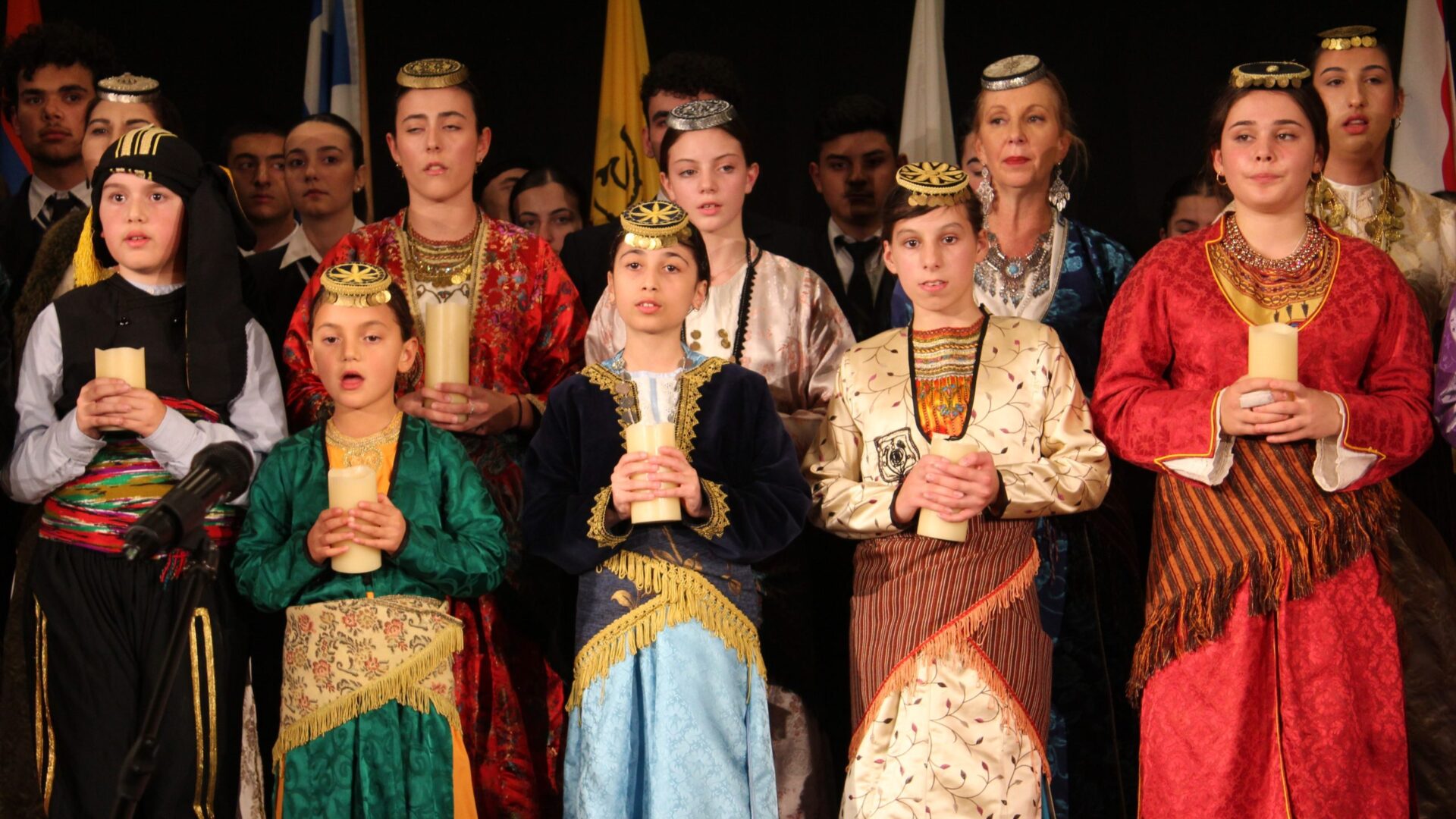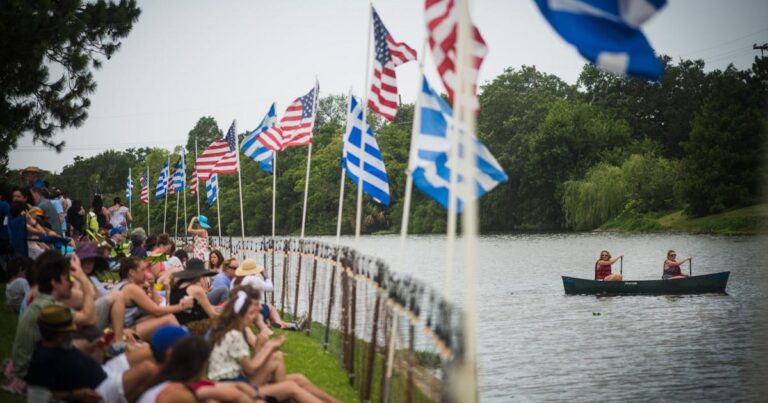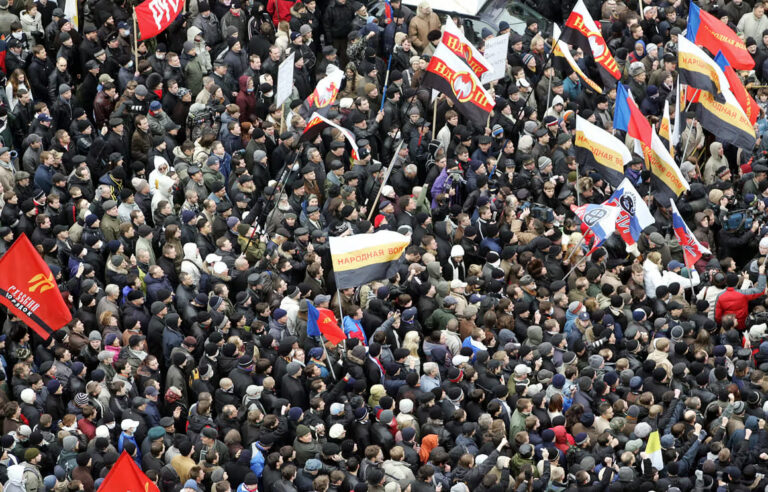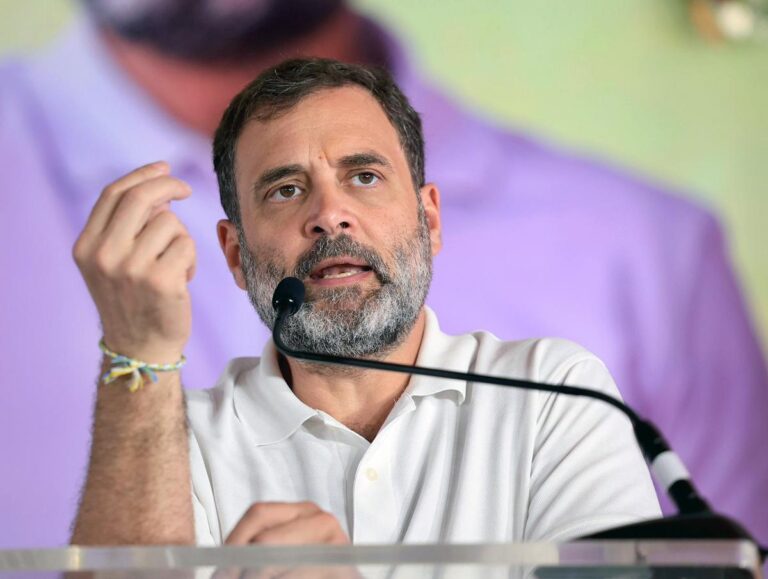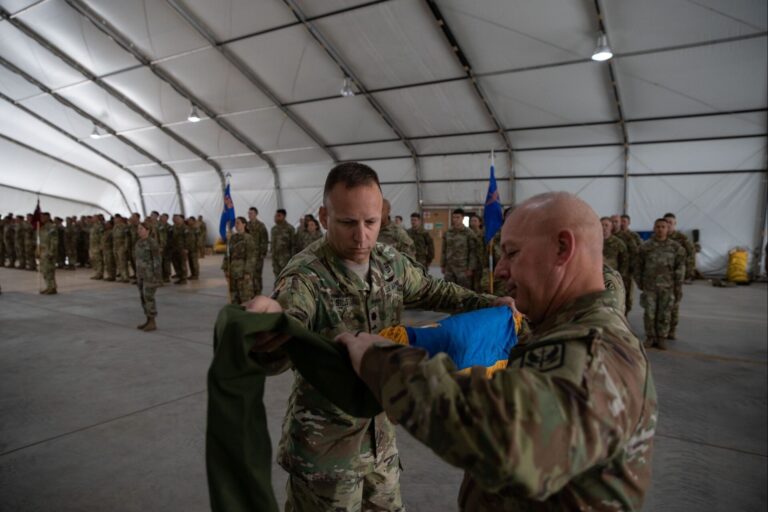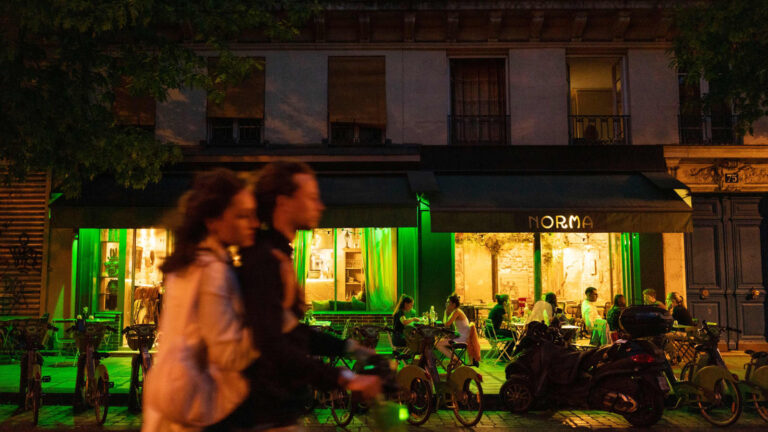Every year on May 19, the 353,000 Pontian Greeks who lost their lives during the Greek genocide committed by the Ottoman Turks between 1914 and 1922 are honoured with a keynote event in Sydney, New South Wales.
This year, over 200 people from Sydney’s local Greek, Armenian and Assyrian community attended a Greek genocide commemoration event at the Hermes Lounge in Kogarah. The event was organised by the Hellenic Pontian Genocide Commemorative Committee NSW, which consists of Pontoxeniteas NSW, Panagia Soumela Sydney and Diogenes Wollongong.
A number of officials were present including the Consul General of Greece in Sydney, Ioannis Mallikourtis; Bishop Christodoulos of Magnesia; Archimandrite Christophoros Krikelis; Father Athanasios Giatsios; the First Secretary for Public Diplomacy at the Consulate General of Greece in Sydney, Anastasia Christofilopoulou; the President of the Federation of Pontian Associations of Australia, Esta Paschalidis Chilas; the President of Pontoxeniteas NSW, Maria Anthony; the President of Panagia Soumela Sydney, Peter Papoulidis; the Secretary of the Greek Pontian Society of Wollongong “Diogenes,” Olga Seitaridis; and a number of representatives from the Armenian National Committee of Australia and the Assyrian National Council – Australia INC.
Official proceedings began with a solemn entry by Pontian youth dressed in traditional Greek costumes and students from St Euphemia College, carrying candles and the flags of Greece, Australia, First Nations people, and many others.
Emcees, Sophie Fotis and Spyro Papastefanou, then did an Acknowledgement of Country. This was followed by the singing of the Australian and Greek National Anthems, a recital of the Ode by Peter Tsigounis and George Karountzos, a minute silence and a small prayer by the Bishop.
On the night, Archimandrite Christophoros read out a message on behalf of Archbishop Makarios of Australia, whilst there were also two powerful speeches by the Consul General and Mrs Paschalidis Chilas.
In his speech, the Consul General read out a declaration made by the Allied powers (France, Russia and the United Kingdom) on May 24, 1915 with reference to the Armenian genocide and how it was “the first time in international relations we hear the terms ‘crimes against humanity’.”
“So, in other words, what I’m trying to say is that both of these words ‘genocide’ and ‘crimes against humanity’ came from two horrible historical events and it shows how history is closely intertwined with international law and that’s why it is important to remember and to create the norms that will prevent another genocide,” Mr Mallikourtis said.
Mrs Paschalidis Chilas also spoke and shared her personal family story as a descendent of Pontians who were displaced during the genocide.
“Acknowledging the genocide is not about hate. It’s about remembering the loss of life, the loss of opportunity and the deep intergenerational pain it’s caused. Pain that still isn’t healed,” Mrs Paschalidis Chilas said.
“Today, let’s remember, respect and reflect on our history as Pontian Hellenes. Let’s continue to foster awareness of this dark chapter in Hellenic history not just with the broader Australian community, but in our own community.
“Let’s renew that commitment to work together and acknowledge the sacrifices of our ancestors and the opportunities they forever lost.”
After these speeches, a video was shown from the Tasmanian House of Assembly which captured the moment Tasmania became the third state in Australia to recognise the Armenian, Assyrian and Greek genocides. Dr Panagiotis Diamadis and Michael Kolokossian from the Joint Justice Initiative held a small Q&A session about this latest recognition.
Christina Ioannidou then took to the stage to perform Day of Remembrance – a resounding spoken rendition of the Greek genocide through her own eyes. Pontian youngster, Ismini Stavropoulos, also recited a poem.
Last to give his address in both Greek and English was the Keynote Speaker, Dr Themistocles Kritikakos. Dr Kritikakos spoke about the impact memories of violence and traumatic experiences have on Armenians, Greeks and Assyrians across generations in Australia.
These official proceedings concluded with a solemn musical piece dedicated to Pontian victims of the genocide by young dance students, led by instructor Ms Ioannidou. Eric Fotiadis played the lyra, Prodromos Moysiadis was on the daouli, and they were accompanied by a poem recited by Mr Papoulidis.
The Vote of Thanks was given by Mrs Anthony and Mr Papoulidis, before people were encouraged to enjoy light refreshments at the back of the hall.
Source: Greek Herald

